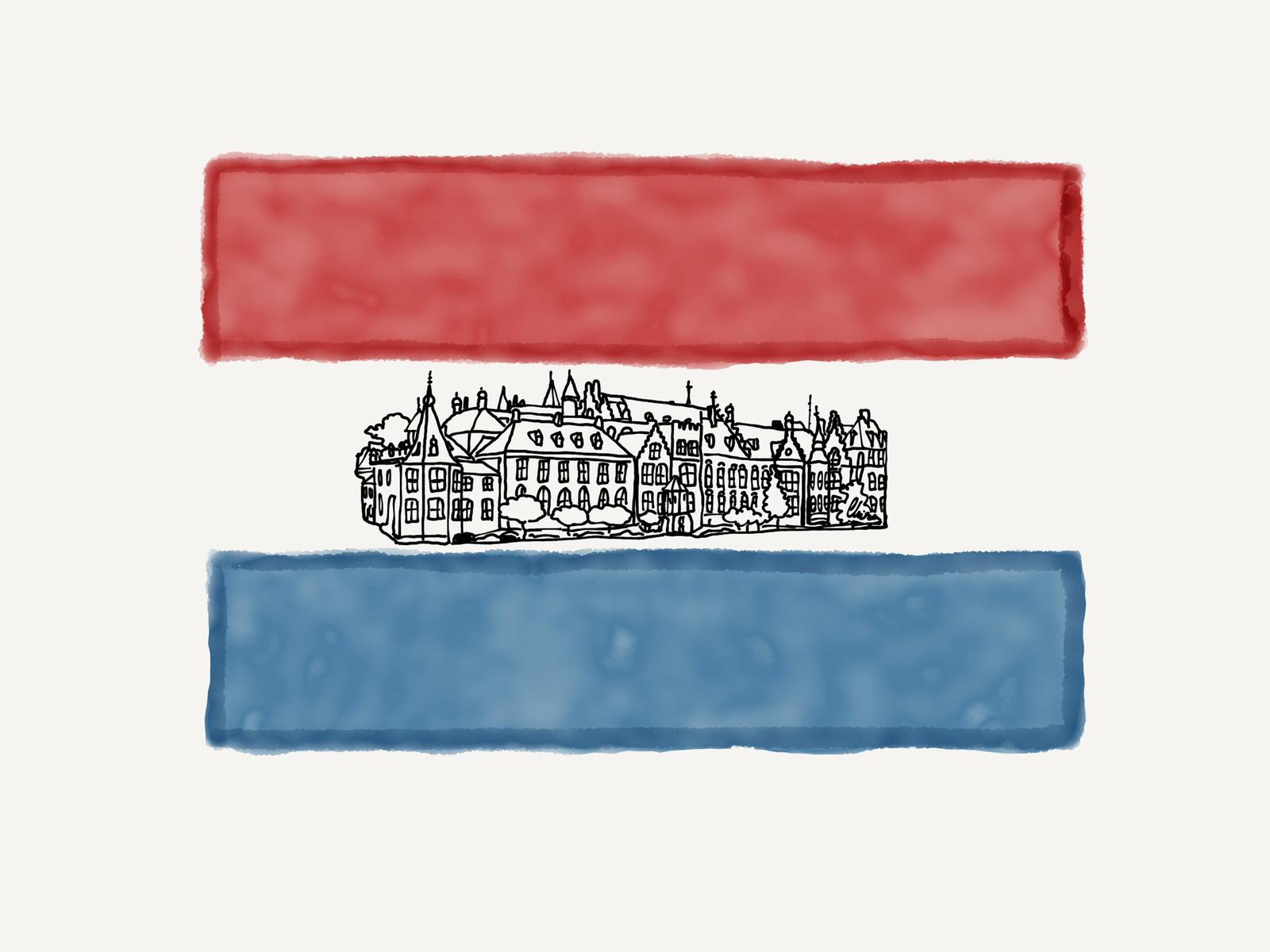By Lara Kaptein
Back again with a new Dutch Politics for Dummies! This time, I will discuss the elections of the 20th of March on the Dutch state level: Provinciale Staten. In these elections, every Dutchie was able to vote for their preferred representative for their province. The voter turn-out is shocking: only 56% of the electorate took the time to vote. This is almost 40 percent lower than before 1970, when citizens were obliged to vote: there used to be a system of compulsory voting. Just a quick recap of my last column: the Netherlands has a multiple party system, with shifting coalitions. This is also the case in the Provinciale Staten.
The Provinciale Staten (PS) are responsible for certain aspects on infrastructure, culture and they can influence the economy on regional level. These include issues like the estimating the price of public transport (‘should people of 65 years and older be able to travel for free?’) and in the case of Zuid-Holland – the province of The Hague – the PS decide as well on keeping the province green. Zuid-Holland is very densely populated. One of the objectives of the PS is (again) to invest in renewable energy. They also elect the First Chamber.
Alright, enough on the basics of Provinciale Staten. The result of the elections is remarkable. In Zuid-Holland, the biggest party is Forum van Democratie (FvD – Forum of Democracy). The reason why this is remarkable, is that this election is the first time that FvD participates in the elections. They received 11 out of 55 seats, which is a huge amount for such a young party. They also had huge victories in the rest of the Netherlands. This means that their views on the issues will have a vast impact. I will give a few arguments to give you a small perspective in their party.
The party is right-winged and populistic. The FvD wants to make sure the EU does not grow anymore and it argues for closed borders in the EU. They stand for a direct democracy, where citizens directly elect their Prime Minister, and they want to invest on e-democracy. They want to restrict the immigrations policies on the basis of the ‘American Greencard system’. Lastly, the FvD states that investments on renewable energy is a waste of money and time, as nuclear energy – according to the party – is cheaper, safer and the most renewable way of producing energy.
Last but not least, I will talk about the party leader of the FvD: Thierry Baudet. You love him or you hate him. For my fellow IRO-first years, professor Kopecky mentioned him shortly in his lectures, so you might have heard of him. He gave a victory speech that lasted more than 20 minutes, in which he used sayings like a ‘boreal world’. The word ‘boreal’ is not a common word in Dutch and it is associated with the Hitler’s objective of creating ‘an Aryan world’. Thierry Baudet denies this, he argues that it is a normal word that means cold or wintry. The press fell over his complicated choice of words; nobody really understood what he said. Furthermore, he is very active on social media. A while ago, he posted a picture of him naked in a swimming pool. The media found this very upsetting. The picture included is a charming picture of Baudet, made not too long ago.
I hope I filled you in on some present matters in Dutch Politics. If you have any questions left, you can always contact me (lara.kaptein@gmail.com). Stay tuned for the next column in two weeks!
Edited by Anneli Groen
Artwork by Chira Tudoran

